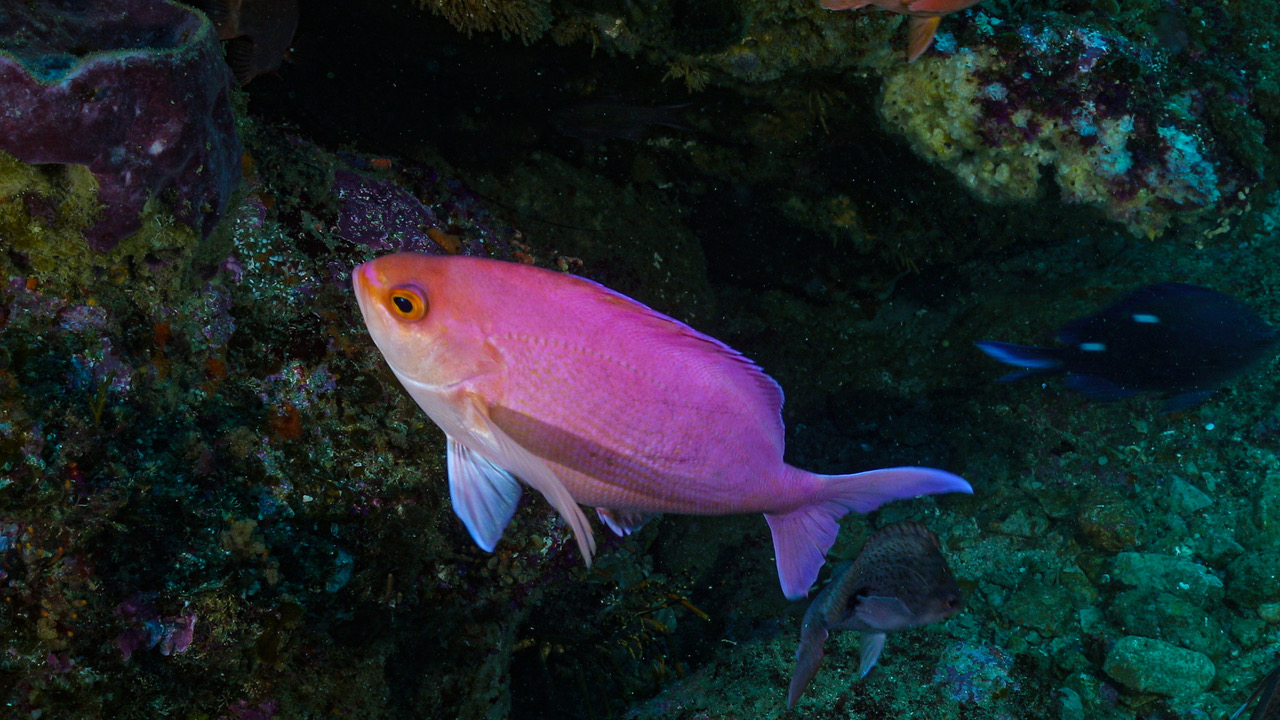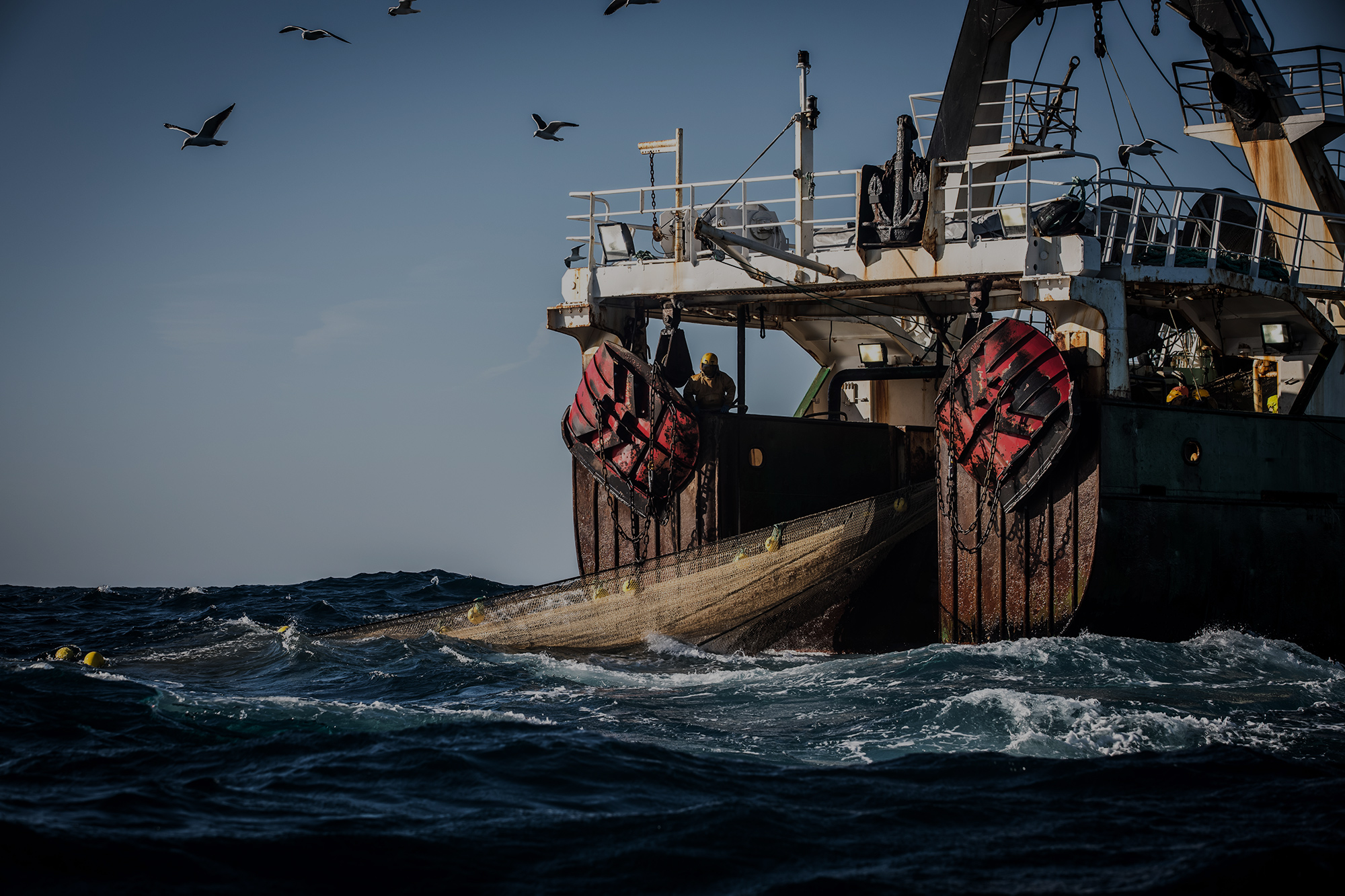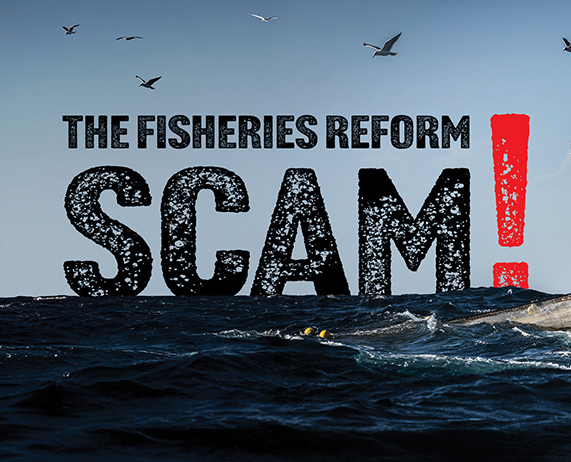
The Fisheries Reform Scam!
Shane Jones, Minister for Oceans and Fisheries, has proposed significant changes to the Fisheries Act that will pass control of our fisheries to wealthy quota owners – privatising our public resources.
LegaSea is campaigning to highlight the proposed changes because they threaten your access to fish for food, and will cause environmental damage that may be irreversible.
The changes are not a reform. They are a scam.
The deadline for submissions has been extended by two weeks and is now 5pm Friday 11 April 2025. SPEAK UP NOW.
MAKE A SUBMISSION
Why this matters
Significant changes to the Fisheries Act have been proposed yet they are branded as mere ‘reforms’. Don’t be fooled. The changes will not improve the management of our fisheries. They represent a fatal weakening of the Fisheries Act to allow for more fish to be caught and exported. Anyone with an interest in the marine environment ought to be concerned. The time for action is now.
If there’s insufficient public opposition, the amendments could become legislation and there will be serious consequences for our fish and the marine environment.
👉 More decision-making power for commercial operators – The government wants to allow quota owners to voluntarily stockpile catch entitlements instead of reducing catch limits when fish stocks are struggling. That means more fish taken out of the water in the long run, regardless of the state of the fishery.
👉 Weakening environmental protection – The new proposals seek to delay catch reductions in a depleted fishery due to the impacts the cuts might have on commercial fishers. This incentivises overfishing of a depleted fish stock. The health of a fish stock should come first and foremost.
👉 Less monitoring – Remember those onboard cameras that finally started catching commercial fishers throwing fish overboard? The ones that proved reported discards of undersized snapper shot up over 1000% once cameras were live? Yeah, Jones wants to let commercial operators switch them off at times. And if that wasn’t bad enough, he’s also restricting public access to footage, so we won’t even be able to see what’s really going on.
👉 More wastage – Under the new proposals, commercial operators would be allowed to toss even more fish overboard. That means more dumping, more high-grading (where only the best fish are kept, and the rest are discarded), and more damage to our fisheries. Since cameras were introduced on some vessels, reported kingfish discards increased by 950%. Snapper? Over 1000%. This is proof that we need stronger rules, not weaker ones.
👉 Locking the public out – Under these changes, Minister Jones wants to set catch limits for up to five years at a time—with only one chance for public consultation. This is a dream scenario for commercial quota holders but a nightmare for sustainability. The government wants to lock in catch limits based on self-reported data from the fishing industry.
These proposals are reckless and short-sighted. They remove critical checks and balances that safeguard our marine environment. With your support, we can show the government that Kiwis won’t stand by and let this happen.
The changes are not a reform. They are a scam.
MAKE A SUBMISSION
These proposals are the first raft of amendments that signal significant changes to our fishing future and jeopardise the health of our marine environment. Our access to a healthy and abundant fishery is on the line. Don’t let it be cut.
We need thousands of people to speak up. It will take less than 5 minutes to make a submission using LegaSea’s online form. Tell the Minister you reject the privatisation of our fisheries.
Want to do more?
- Subscribe – Hook your mates in to receive LegaSea newsletters to stay updated.
- Share the submission form with your friends, family and neighbours, encouraging them to make their voice heard.
- Donate – We need all the support we can get to maintain this advocacy, please pitch in and make a one-off donation or become a LegaSea Legend starting at just $20 a month.
Supporting information:
Media Releases
- Fisheries reforms prioritise Industry over public interest – 14 February 2025
Articles
- Privatisation proposals shrouded in weasel speak – 11 March 2025
- Public loses out on fisheries deregulation – 25 February 2025
- Shane Jones Fisheries Reforms Prioritise Industry over Public Interest – 12 February 2025
Newsletters
- Shane Jones is an Island (and not a healthy one) – 20 March 2025
- Introducing the Fisheries Reform Scam – 12 March 2025
- Nothing to see here – Jones Threatens To Reduce Transparency – 5 March 2025
- Public fish, private profits – who does Shane Jones really serve? – 24 February 2025
More Information:
- A 2024 Ministry for Primary Industries report revealed a staggering 46% increase in fish being tossed overboard after cameras went live on a portion of the commercial vessels. The report shows that cameras are effective at incentivising improved reporting.
- Discards of kingfish have increased by 950% compared to what was previously reported.
- Discards of snapper have increased by over 1000% compared to what was previously reported.
- Reported dolphin captures were up by 680% times and albatross interactions by 350%.
- A 2019 Horizon Research study found 58% of New Zealanders thought bottom trawling that destroys fish habitats and targets small fish in the inshore fishery should be banned.
- The same Horizon Research study found 70% of New Zealanders believed that fisheries needed to be reformed to ensure there is an abundant fishery. Not to deregulate the controls on commercial fishing.
- Two Ministry for Primary Industries research projects, from 2016 and 2021, cover the operation of cameras to monitor catches aboard commercial fishing vessels. Reviewing 100% of all catch sorting and stowing for all vessels is not humanly possible. There are limitations. Even with AI there is no way to determine from the camera footage the exact size of fish or weight of a bin of fish.Even with cameras, management will need to rely on trust and the self-reported data provided by commercial fishers. Until technology and placement improves, cameras are no substitute for onboard human observers. Current rates of observer coverage of inshore commercial fishing activity is poor.
- Pria, M.J.; Pierre, J.P.; McElderry, H.; Beck, M. (2016). Using Electronic Monitoring to Document Snapper Discards and Validate Catch effort Data.
New Zealand Fisheries Assessment Report 2016/57. 38 p. - Middleton, D.A.J.; Guard, D. (2021). Summary and evaluation of the electronic monitoring programmes in the SNA 1 trawl and bottom longline fisheries.
New Zealand Fisheries Assessment Report 2021/37. 69 p.
- Pria, M.J.; Pierre, J.P.; McElderry, H.; Beck, M. (2016). Using Electronic Monitoring to Document Snapper Discards and Validate Catch effort Data.
- A 2016 study found the total economic contribution of marine recreational fishing by residents and visitors was $1.7 billion per annum, while taking less than 6% of the national catch. Recreational fishing contributes a conservative $188 million in tax revenues to help keep New Zealand functioning, while generating full-time employment for over 8,000 people.
- Holdsworth, J; Rea, T; Southwick, R. Recreational Fishing in New Zealand – A Billion Dollar Industry. Produced for the New Zealand Marine Research Foundation. March 2016.
Related articles

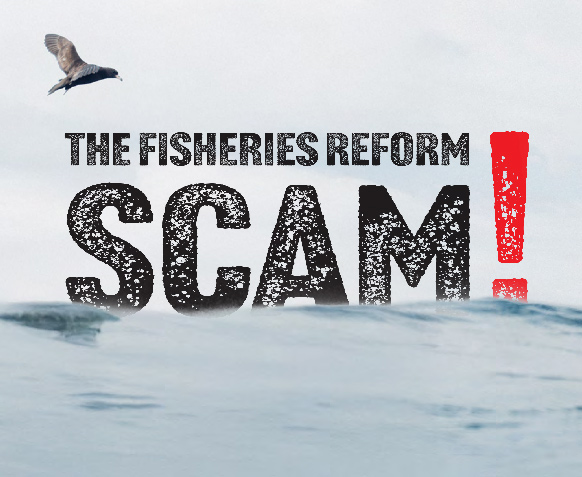
LegaSea newsletter #160 – The Fisheries Reform Scam!
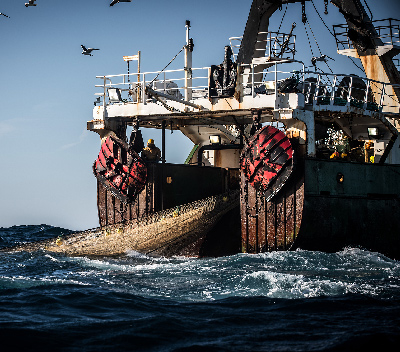
Privatisation proposals shrouded in weasel speak
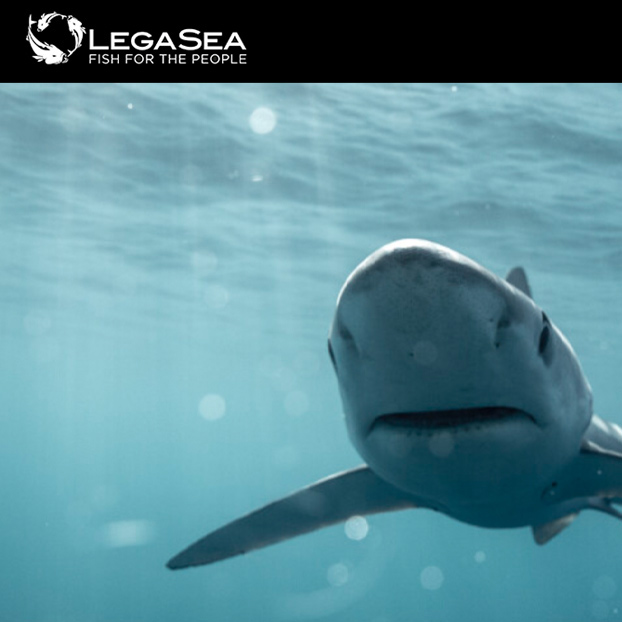
LegaSea newsletter #159 – Nothing to see here – Jones Threatens To Reduce Transparency
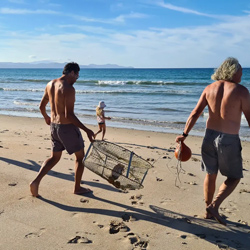
Public loses out on fisheries deregulation
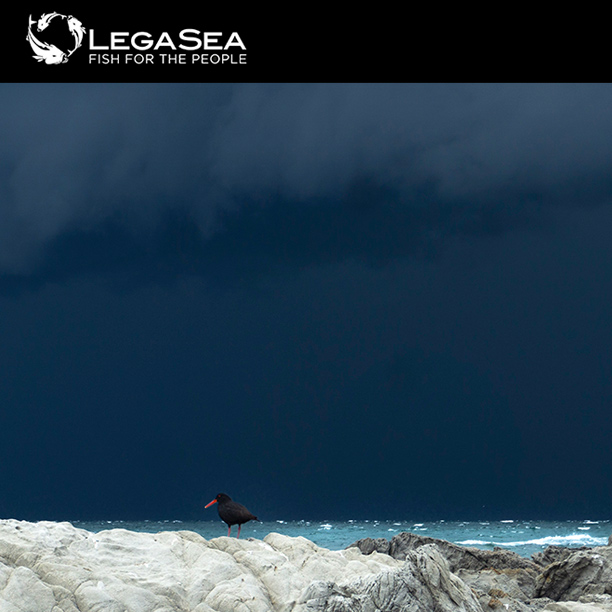
LegaSea newsletter #158 – Public Fish, Private Profits: Who Does Shane Jones Really Serve?

Shane Jones’ Fisheries Reforms Prioritise Industry Over Public Interest
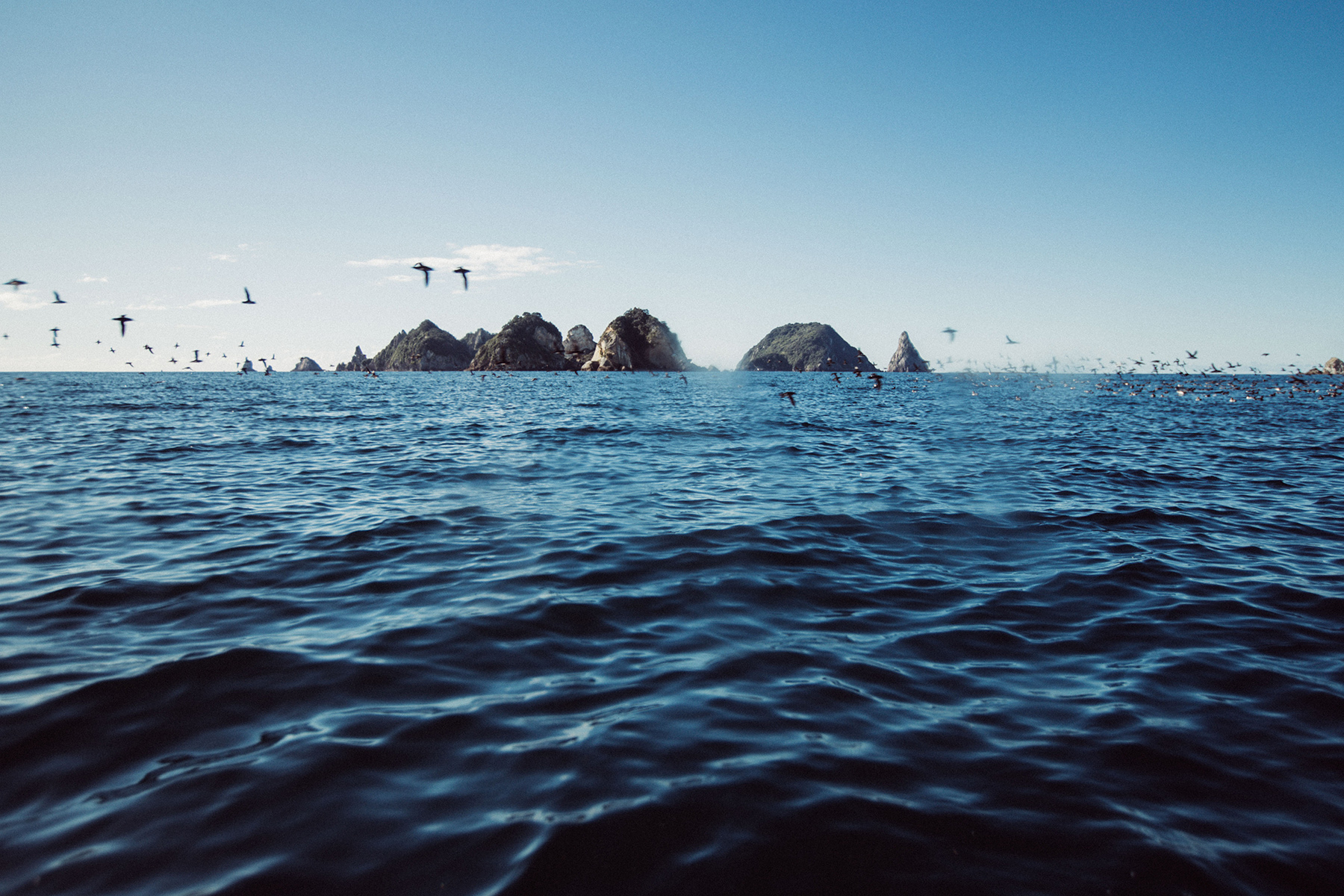
Fisheries reforms prioritise industry over public interest
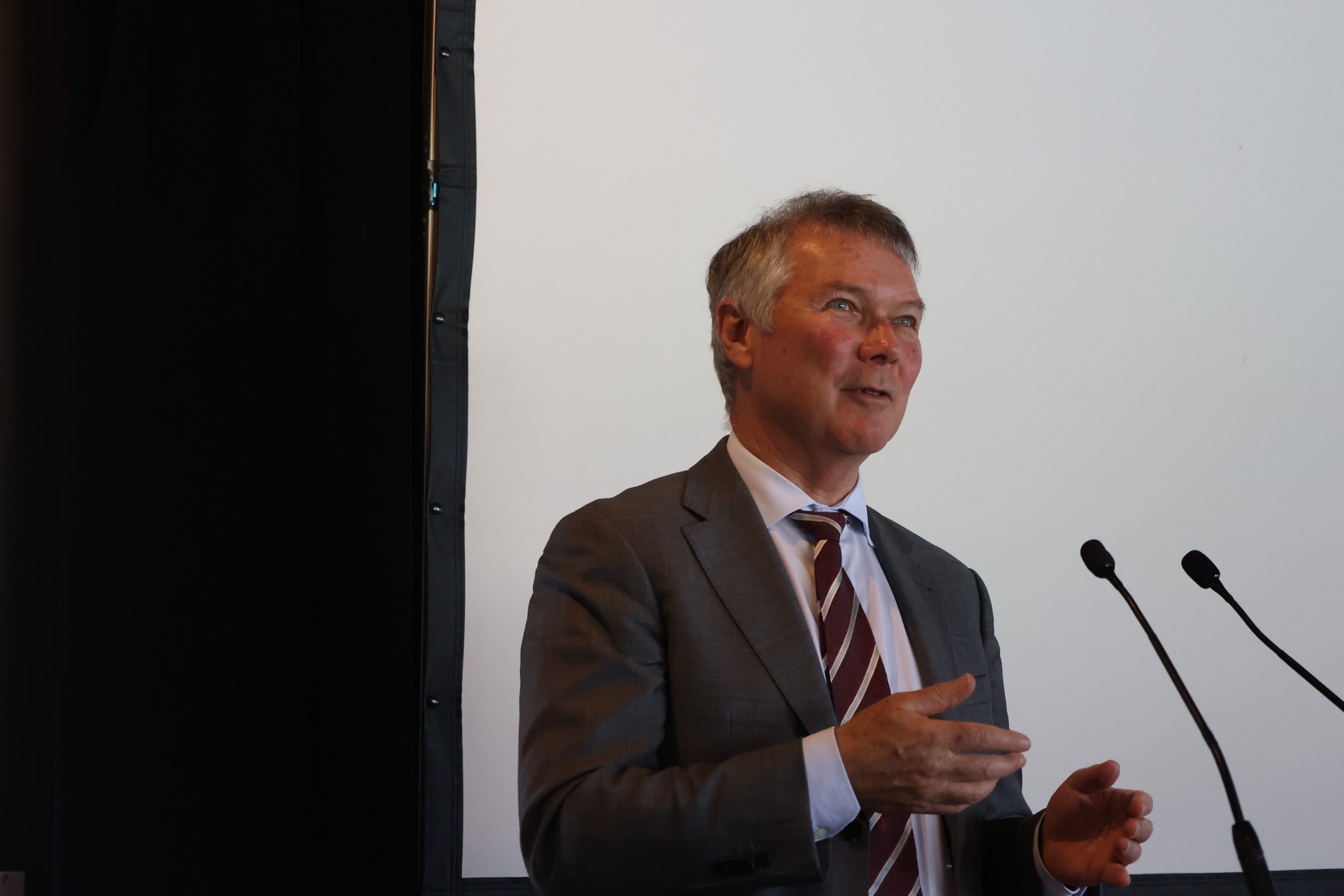
Minister ensures more fish in the water
